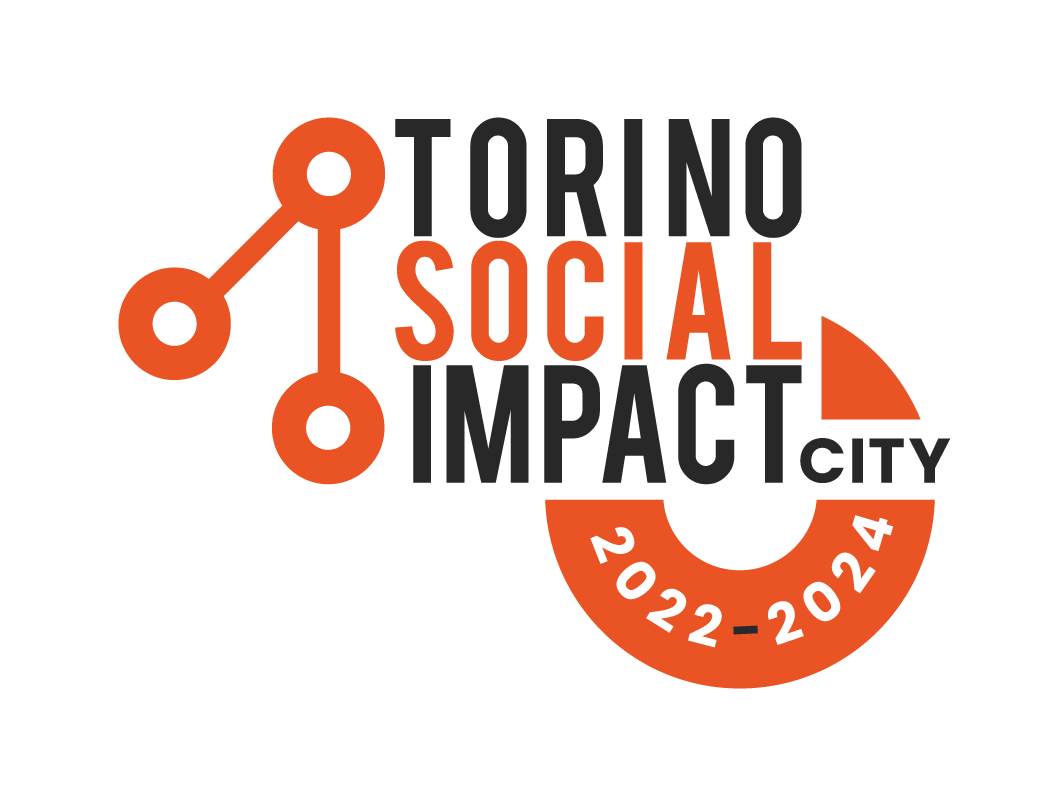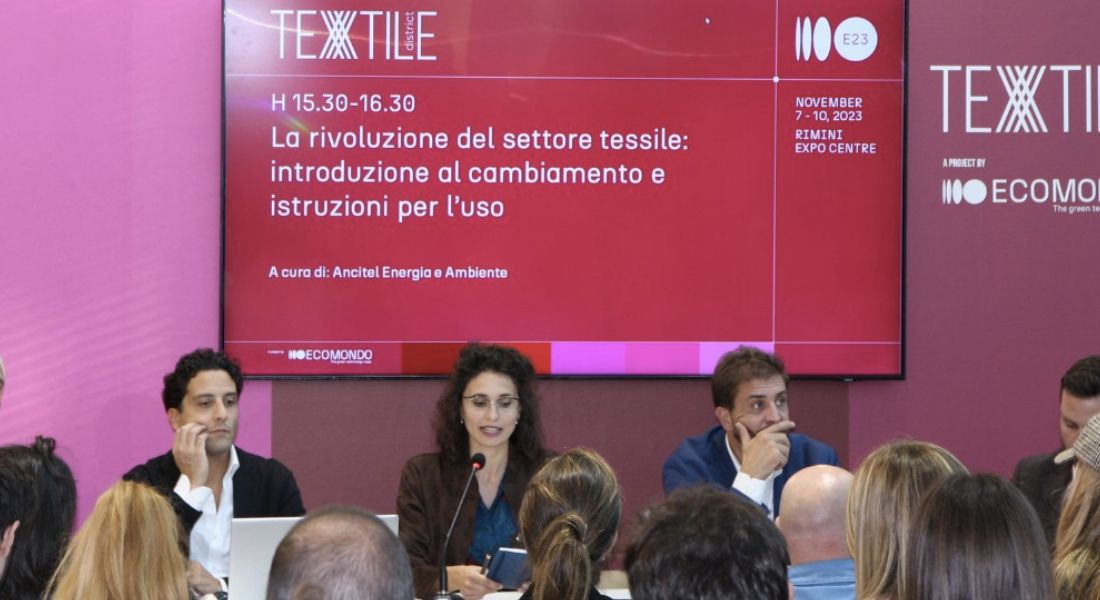At the beginning of November, the startup member of Turin Social Impact Atelier Riforma was the protagonist of two important speeches in the field of the Italian textile sector.
The first took place on 2 November, the day on which Rén collective organization – which since 2018 has been spreading good responsible fashion practices through research, dissemination, support for companies and dialogue with institutions – was summoned to the Chamber of Deputies to participate in a public hearing on the Made in Italy DDL, to express their comments regarding article 8 on textile raw materials.
By virtue of Atelier Riforma’s great research and innovation work in the field of circular fashion, Rén Collective involved the startup’s CEO, Elena Ferrero, to contribute to the work and to present it during the hearing.
The document that has been proposed is the result not only of everyone’s experience, but also of the dialogue that has taken place in recent years with the professionals and companies in the sector associated with Rén Collective. The actions proposed for the new DDL are aimed in particular at enhancing Italian circular skills, linked to textile reuse, repair, upcycling and recycling… i.e. all those practices that aim at a zero-waste fashion industry, which exploits neither the environment nor people.
“I have always liked to get active and do everything I can to contribute to improving the sector in which I work, but I have never had a similar opportunity to present my ideas and those of many other professionals so directly to the institutions. And for this I thank Rén Collective so much.” – Elena Ferrero, CEO of Atelier Riforma
The other important event for the startup took place on 8 November, on the occasion of Ecomondo, an international event for technologies, services and industrial solutions in the green and circular economy sectors.
During the event the startup spoke in two panels, both focused on the transition of the textile industry towards greater sustainability.
The CEO of the startup, Elena Ferrero – also on behalf of the Movimento Moda Responsible of which Atelier Riforma is part – was invited to moderate the panel organized by AEA Sustainable Textile, the Business Unit of Ancitel Energy and Environment focused on the Sustainable and Circular Textile sector , entitled “The Textile Revolution: Introduction to the Change and Instructions for Use”. The panel dealt with a hot topic: continuously evolving EU regulations, with initiatives such as ecodesign and extended producer responsibility, are driving the Italian textile industry towards greater sustainability, but will require a considerable commitment to modify and adapt the companies to the necessary change. What are the strategies of industrial districts and the proactive actions adopted by companies to face these challenges? The speakers of the panel moderated by Ferrero were: Filippo Bernocchi, President of Ancitel EA – AEA Sustainable Textile, Francesco Marini, Managing Director of Confindustria Toscana Nord, Nicola Ciolini, President of ALIA SERVICES AMBIENTALI SpA, and Andrea Betti, Sales Manager for the BEREDO® project by Beste.
The other panel in which the startup participated was organized by EconomiaCircolare.com and was entitled “Ecodesign, EPR, recycling, roadmap for a circular textile”. Together with Ferrero, there very important speakers such as: Francesca Romana Rinaldi (Director of Monitor for Circular Fashion), Roberta De Carolis (Researcher in ENEA), Luca Campadello (Strategic development & innovation manager Erion), Michele Zilla (General Director of Cobat Tessile Consortium), Mauro Chezzi (Deputy Director of Sistema Moda Italia and Retex.Green consortium), Erika Francescon (Co-founder of SustainME and Ecoesedra Sustainable Design partner). As discussed and as also reported in a recent article by EconomiaCircolare.com
the fashion sector “already produces up to 100 billion clothes a year. (…) The British Fashion Council calculates that with the clothing, shoes and accessories at our disposal [to date] we could dress the next 6 generations. ( …) Some countries have already been active for some time, showing for example that an extended producer responsibility policy can increase collection and recycling rates. Obviously, however, the action must be ‘system-wide’ and the regulation must be supported by increasingly effective traceability and environmental performance measurement systems”.
These speeches are the reconfirmation of the very important role of this Turin startup in sustainable innovation in the textile-fashion industry.
Popular
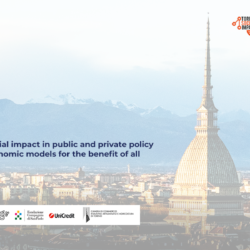 A New Impact Era: the GSG Leadership Meeting in… 14 April 2022
A New Impact Era: the GSG Leadership Meeting in… 14 April 2022  Young Challengers Program 2022 7 July 2022
Young Challengers Program 2022 7 July 2022  Turin chosen to host Cities Forum 2023 26 April 2022
Turin chosen to host Cities Forum 2023 26 April 2022 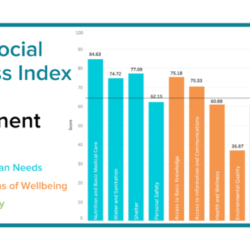 Announced the 2020 Social Progress Index 6 October 2020
Announced the 2020 Social Progress Index 6 October 2020 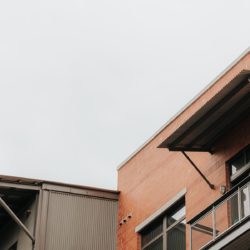 The Impact Housing Foundation has been launched 30 August 2021
The Impact Housing Foundation has been launched 30 August 2021 
